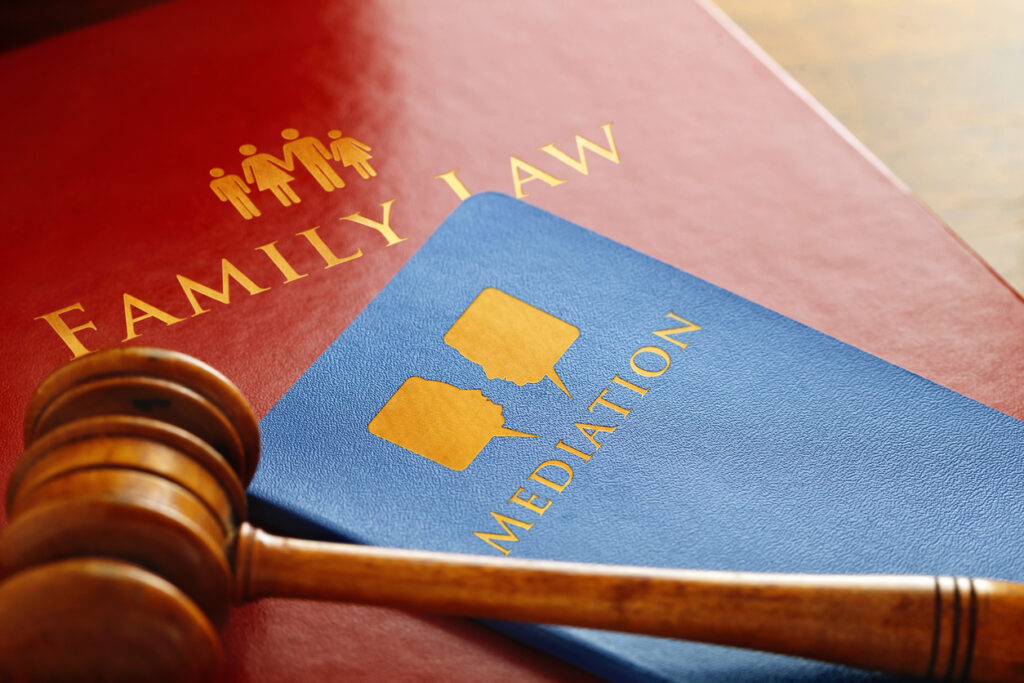
Pros and Cons of Going Through a True Default Divorce
 What happens if the petitioner in a divorce serves the petition and summons, but the respondent does not file a response? To complicate matters more, what if there is no written agreement in the divorce? In these cases, after 30 days passes, you end up with what is known as a “true default” case. To move forward, you must turn in forms with the help of your attorney asking the judge to make decisions on important matters such as property and debt, spousal support, and even custody.
What happens if the petitioner in a divorce serves the petition and summons, but the respondent does not file a response? To complicate matters more, what if there is no written agreement in the divorce? In these cases, after 30 days passes, you end up with what is known as a “true default” case. To move forward, you must turn in forms with the help of your attorney asking the judge to make decisions on important matters such as property and debt, spousal support, and even custody.
Is Default Divorce Easy and Recommended?
To some, default divorce sounds like a good idea because it is a way for two spouses to get out of paying as much to go through divorce and to skip out on the harboring trials. One of the best pros to a default divorce is not having to produce financial information like income, tax returns, and other account statements. In a regular divorce, it is a requirement to disclose these assets. In some cases, a spouse doesn’t choose to go through with a default divorce but it happens because they didn’t respond. In other cases, the spouses agree beforehand that this is how they want their matters settled. This is a way for many couples to resolve disputes outside the courtroom in the most confidential way.
However, not everything is as easy as it seems. A divorce attorney can end up behind it all and pull a fast one on an unknowing spouse. There are risks because you or your partner may not understand everything the other party is asking for and, without an attorney there to explain it to you, you could miss out on certain opportunities or lose out in the end. This is why it is a good idea to have an experienced family law attorney on your side through your divorce, because you do not want to miss out and give up rights. You want to be sure of what you are asking for or giving up, so call us for more information on how we can help.
